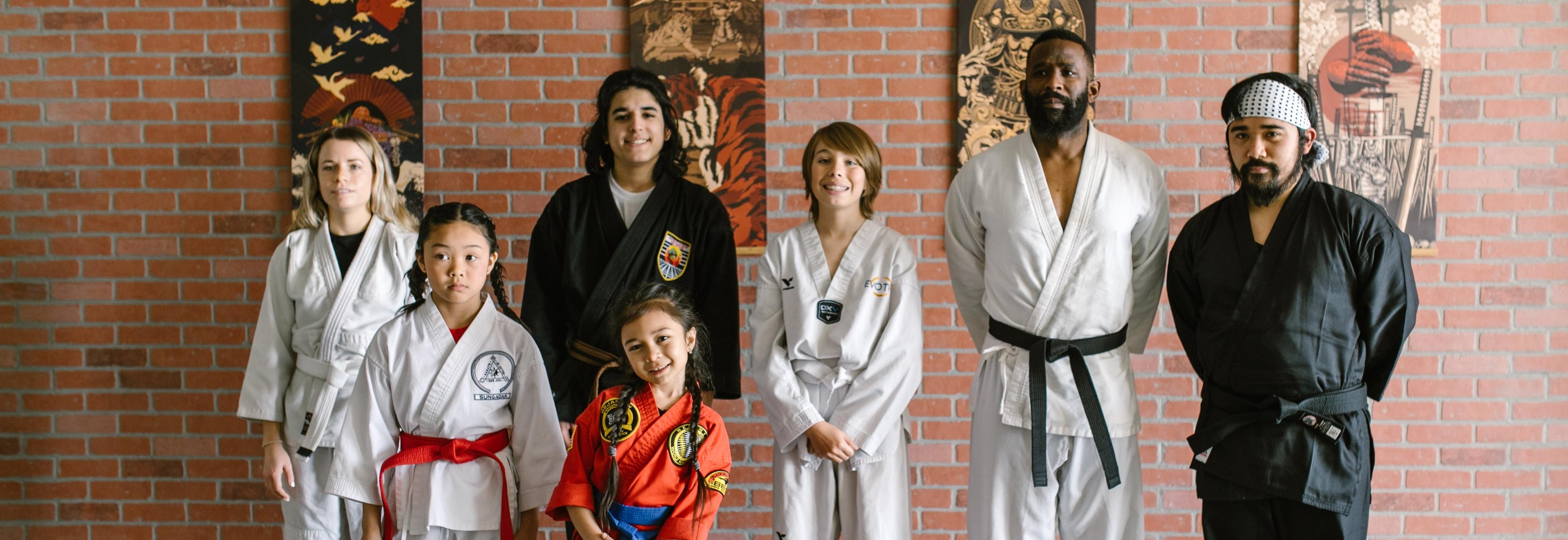- Home
- »Articles
- »Martial Arts
- »Judo
- »Should Parents Encourage their Kids to do Judo?



Should Parents Encourage their Kids to do Judo?
18 January 2023
It is very much a decision for the individual parent or set of parents whether they decide to encourage their children to take part in martial arts but if they do, Judo could prove to be a very good fit. Unlike many other martial arts, Judo is considered the “gentle art” because, like Jiu-jitsu, it doesn’t contain any strikes with arms or legs and is intended to subdue an often larger opponent without causing injury to either party.
The word Judo consists of two Japanese characters Ju meaning “gentle” and Do meaning “the way”. When combined they have the meaning of “the gentle way”.
For all that Judo is considered to be gentle, the practice of it is nothing less than hard and physical and parents will see their children’s fitness improve as they become more used to the rigorous demands of the sport.
Judo helps the personal development of its students and a good instructor can develop into a trusted adult authority figure in your child’s formative years who can help to look out for their wellbeing. As well as this, there are a number of benefits that judo can bring to students, both mental and physical.
Physical Attributes
Judo can help to improve the general fitness level of students as they are required to use their strength against each other in order to practice both attacking and defensive moves, holds, throws and pins. This can be hard going at first but because Judo is about learning to use your opponent’s strength against them, good technique can compensate for a lower strength level.
It isn’t just strength that children learn with Judo, it is agility and speed, flexibility and balance. All of these are a key part of learning Judo and none of them is more important than the rest. This is what makes Judo such a brilliant source of all-round exercise. It exercises a great many of the muscle groups in the body and can also be an excellent cardiovascular workout.
Another thing they learn is how to catch an opponent off-guard and to break their hold on them, as this is an essential part of defensive Judo. There is a level of comfort in knowing that your child knows at an instinctive, reflexive level how to quickly break the grip of someone stronger than them and to escape if they absolutely have to.
Learning and Development
Children who learn Judo learn much about respect for themselves and for others and they will also develop their social skills at the same time. Children who know how to speak confidently but respectfully to adults will tend to do better at school and get into trouble less often and they will also learn to better interact with people their own age. Many children who attend Judo classes end up making friends who last a lifetime through the practice of the sport, whether that is someone from their own class or someone they met at a National or International tournament.
Judo is practised all over the world and has 20 million students so it is also a quick and easy way to meet similarly minded people anywhere in the world that they find themselves in the future.
